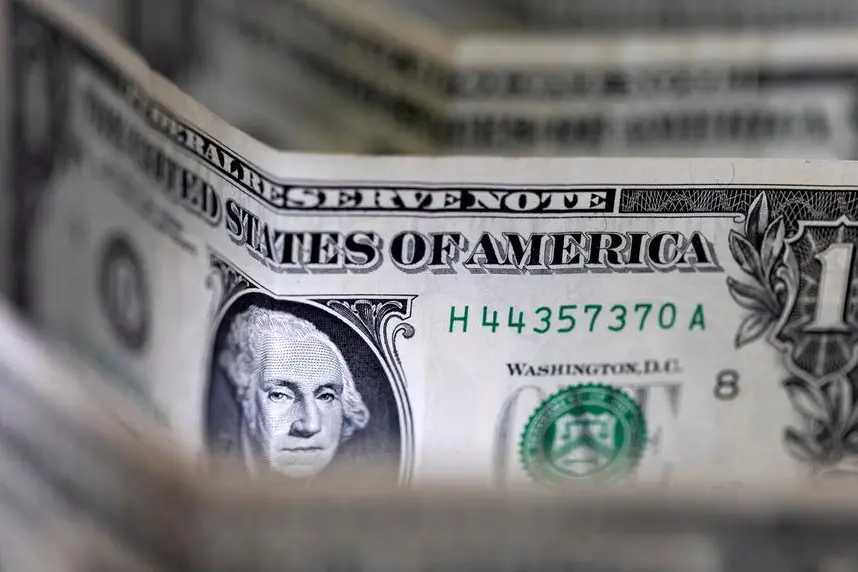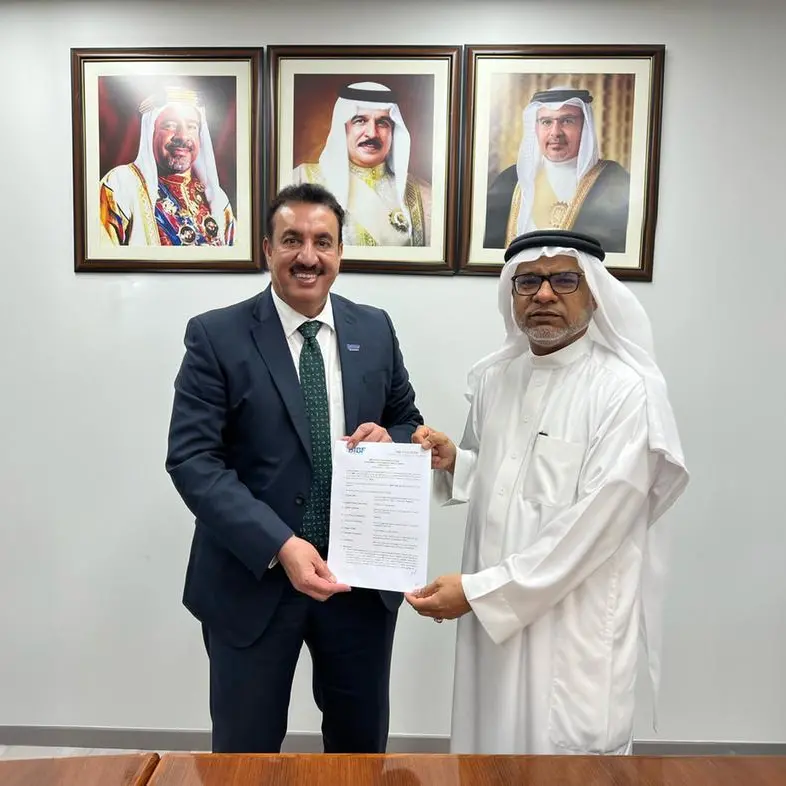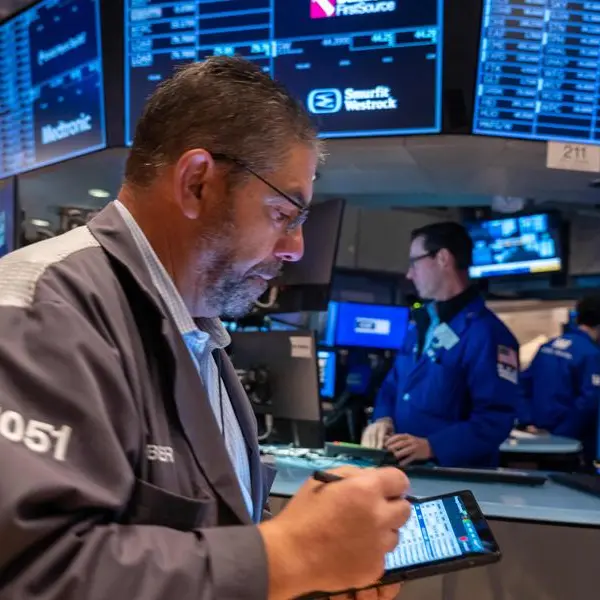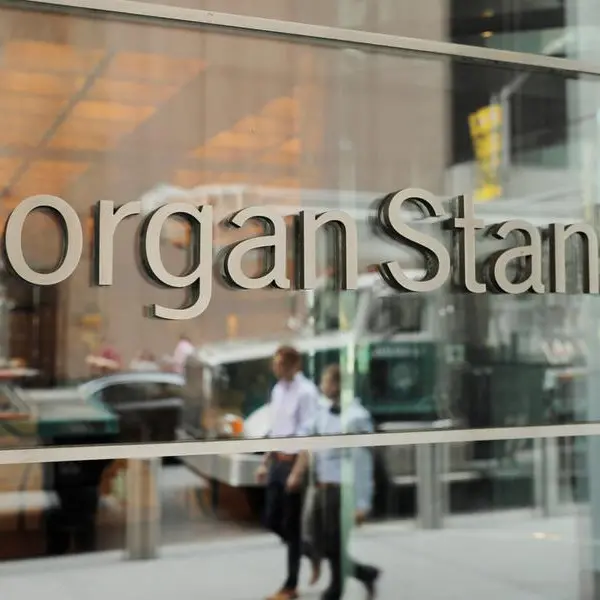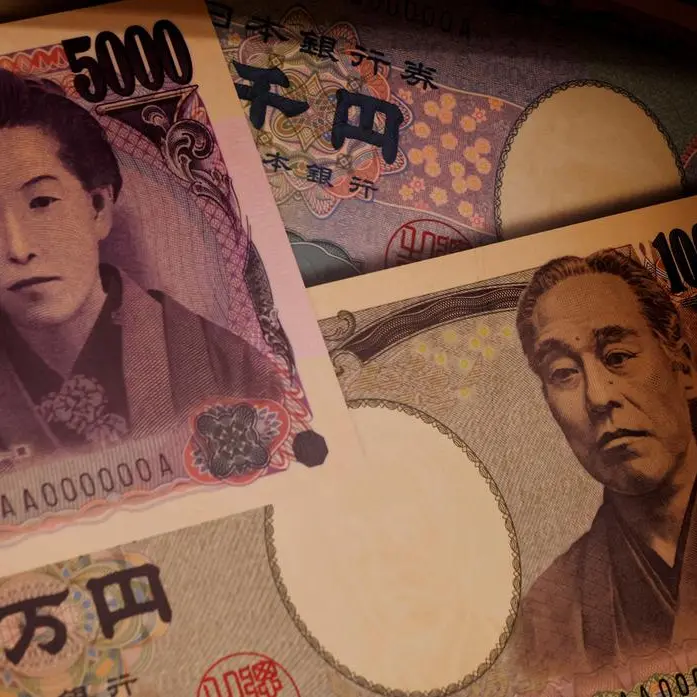PHOTO
NEW YORK: Hedge funds are increasingly using more leverage to make wagers on the stock market this year, but they remain less inclined to bet on the market direction due to heightened macroeconomic uncertainties.
Investors are focused on the economic picture as they try and assess the risk of upcoming recession as the U.S. Federal Reserve tries to bring inflation under control by hiking rates aggressively. On Wednesday, Federal Reserve's chair Jerome Powell said future interest rates hikes could go higher than market participants anticipated to fight inflation.
Hedge funds' gross exposure, or the sum of long and short positions - bets shares will rise and fall - as a percentage of their assets under management, last week reached peak levels for the last one year according to Goldman Sachs' prime services weekly report.
Gross exposure went up 2.5 percentage points for the period between Feb. 24 and Mar. 2, to 241% of assets, the report showed.
However, their long wagers minus short ones, known as net exposure - a measure of directional risk appetite - is close to a year low of 66%, Goldman Sachs showed. This illustrates that portfolio managers have little bias on overall market direction.
Hedge funds' more market neutral approach comes as market participants are trying to guess how high interest rates will get, for how long and when inflation will show consistent signs of decline - and its impact on the stock market.
Goldman Sachs, one of the biggest prime brokers, uses its clients' database to capture trends. Although the report does not reflect the entire $4 trillion industry, other market participants have expressed a more cautious approach.
Volatility has caught hedge funds off-guard. In the beginning of the year, an unexpected rally forced hedge funds betting against stocks to abandon those trades at the fastest pace since 2015. The S&P 500 went up roughly 9% at its peak in February 2, but trimmed gains to 4% now.
"Investors are not in full risk-on mode," said Eamon McCooey, head of prime services at Wells Fargo, adding his clients' dry powder are close to peak levels.
Long-short hedge fund Anson Funds, with $1.5 billion in assets under management, is roughly neutral, with shorts and longs matching off, portfolio manager Moez Kassam said. He said the fund is keeping cash and unused limits higher than in previous years due to economic uncertainties.
"Our macro view centers on inflation," he said. "It will stay elevated longer than most expect."
Higher interest rates are also forcing investors to make until recently unthinkable calculations, said Rob Christian, chief investment officer at hedge fund solutions group K2 Advisors, which manages a fund of hedge funds, as cash may provide a good return.
"Our hedge funds in general have been taking less risk," he said. "Now two-year Treasury is a very attractive asset class relative to everything." (Reporting by Carolina Mandl, in New York; editing by Megan Davies and Chizu Nomiyama)
